I don't think that I'm the only one who has experienced this but I often hear the word "conservative" being applied to Japan. At first I just accepted it as being true – because Japan is very obviously conservative on many fronts. But after a while, I started having doubts – maybe "conservative" isn't the best word to describe Japan.
I'm going to try to explore how "conservative" Japan really is in this article. But first a definition is in order. I think most people have a their own idea of what conservative means, so when I use the term in this article, I mean prizing the group over the individual, a rejection of change, and a preservation of social and sexual mores.
Politically
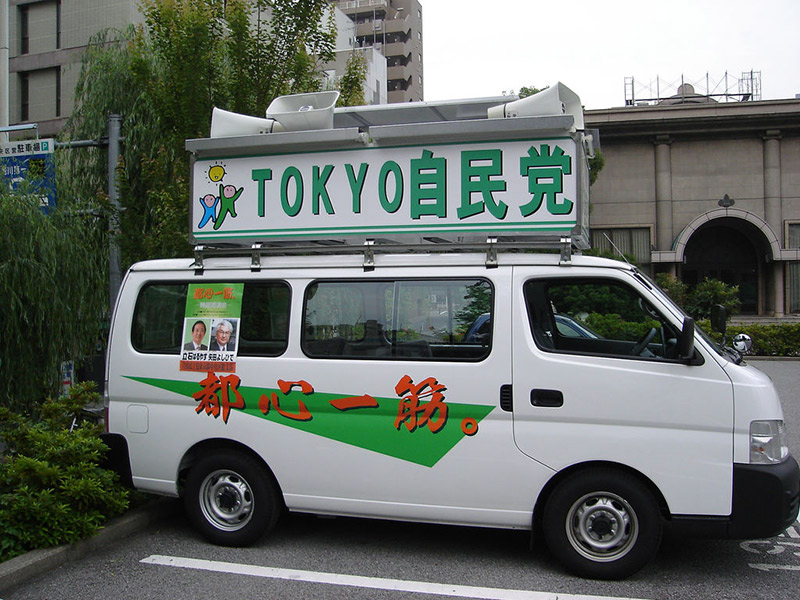
Politics in Japan does show a conservative stance, certainly. This is seen firstly in how rarely the regime changes. Since 1955, Japan has had only had four changes in the main governing party with no change in the main ruling party between 1955-1993.
Secondly, the main and dominant party in Japan, the Liberal Democratic Party (LDP), has a conservative slant. For example, while most of the other major political parties support some legal recognition of same-sex couples, the LDP is strictly opposed to it. In addition, it has also traditionally and, especially recently, shown a nationalist stance involving efforts to revise the peace clause in the Japanese constitution, visiting the Yasukuni shrine, and so on.
But even so, there's some qualifications to be made. The LDP for example, has also traditionally been heavily in favour of protectionism and wealth distribution from the cities to the countryside. Not very economically conservative then.
Socially
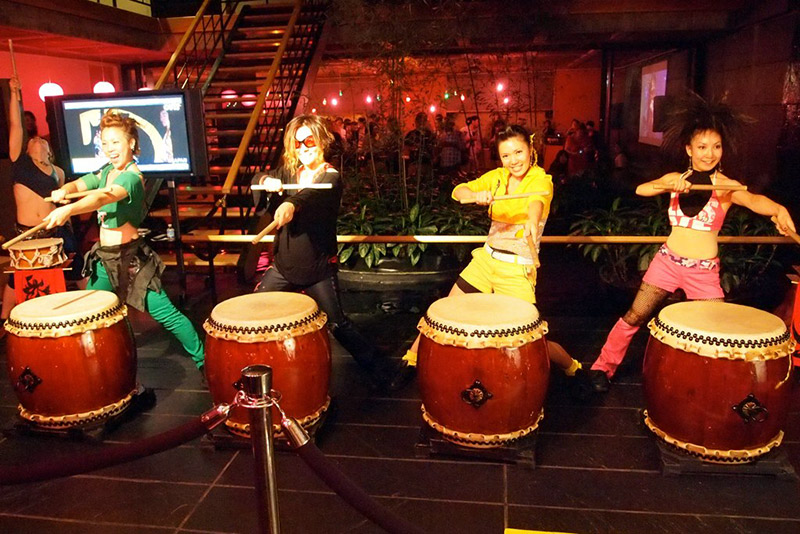
Stuff is a bit mixed when it comes to society. It's a bit "yes and no". Let's start with the "no" side.
Compared to other East-Asian countries, Japan is actually quite liberal on some issues. The Pew Attitudes Report, for example, notes that Japan is actually one of the few countries where there is a clear plurality (44% vs 28%) that views abortion as acceptable. Japan also has a relatively high acceptance for divorce, contraceptives, and homosexuality – especially when compared to other Asian countries.
Very interestingly, Japan has the fewest number of people who view alcohol use as immoral among all countries. And while I do agree with Japan's stance on this issue…why am I not surprised?
Sexually
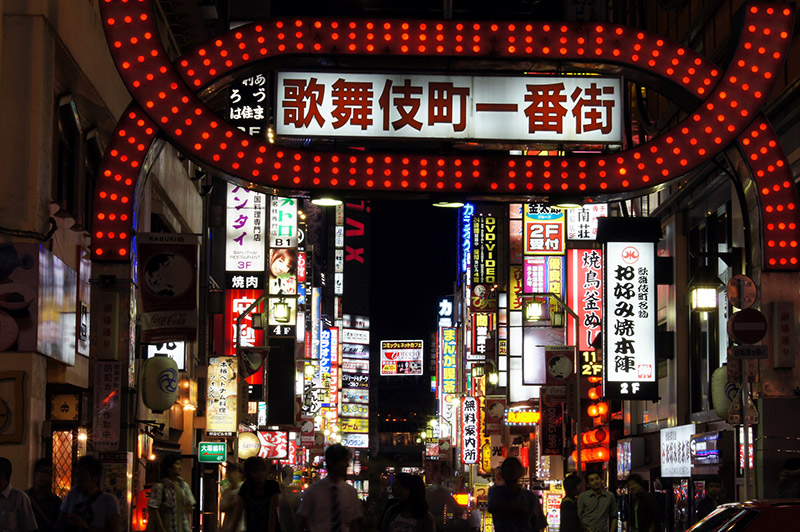
This is hard to talk about without overblowing all the sensationalist imagery with which Japan is associated – tentacles, kinks, and all.
What is clear, however, is that Japan has commercialised sex to an extent not often found in other societies. This isn't just regarding their (in)famous pornography or how adult magazines are uncensored and right next to shonen-jump at convenience stores. Commercialised sex permeates Japanese society in a way which may appear very nonchalant to an outside observer.
For example, it is not uncommon for some very traditional Japanese companies to, after work, have a company nomikai (drinking party) at a strip-club. The little TVs in capsule hotels also will probably have one porn channel which anyone staying there can access. The size of Kabukicho (the most well-known red-light district in Tokyo) and how blatant it is – after all, it is but a few minutes from Shinjuku – may symbolise how ubiquitous and normalised commercialised sex is in Japan.
This often shocks outside observers, but I don't think moral judgements on Japan are that easy to make in this case. After all, it's not as if sex isn't commercialised in other countries – it may not be as blatant, but it certainly happens. However, if one views commercialised sex as exploitative of women, this would be a problem.
Sex and Gender
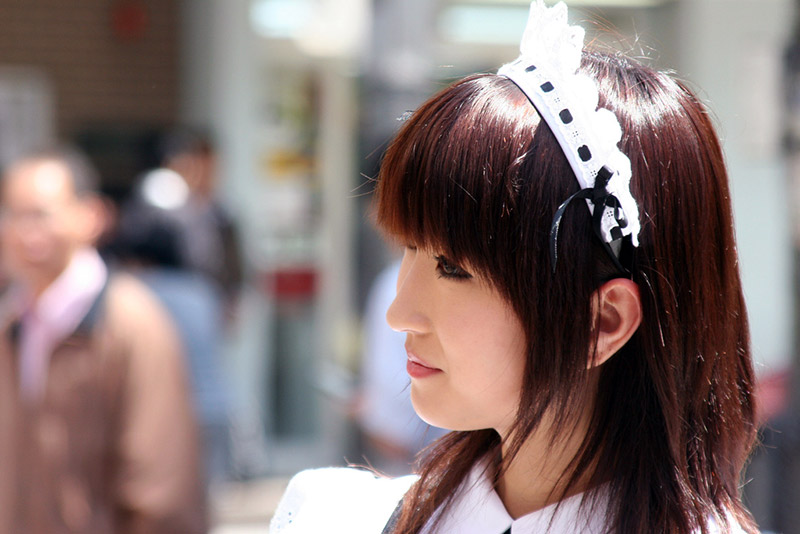
While there is certainly a degree of freedom in terms of commercialised sex, there are some qualifications and contradictions to be pointed out here.
For one, there is a permissiveness towards sex. But this does not mean that it's talked about in an open manner – in my opinion, this is likely linked to a reluctance to discuss one's private life and an avoidance of generally "serious" topics in conversation.
In any case the above applies to male sexuality – it won't be mentioned in polite conversation but for a salaryman to go to a sex joint is perfectly "acceptable". For a woman to do these things is frowned on much more.
This also shows some ways in which Japan appears to be very conservative – gender roles. While Japan scores well in terms of female health in international rankings, consider the following:
-
Politics – This is still pretty much a boy's game in Japan. Only 8.1% of the lower house of parliament are women, according to this website. This is lower than the world average (21.9%) and is 132nd among 189 ranked countries.
-
Education – Differences are very clear when it comes to higher education. For example, the male to female ratio in the University of Tokyo is around 8:2. The number of male "ronin" (students spending an extra year to retake the University examinations) is around 3 times that of female "ronin". Females also tend to apply for 2 year university courses instead of four year courses.
-
Employment – This article mentions some points about employment. In any case, the Japanese workplace is still quite gender unequal.
-
Society – If you go to a nomikai in Japan and, especially if it's formal, it's obvious that women at the table will be very attentive to the beer levels in everyone's glasses. Once they hit dangerously low levels, women swoop in and pour. This perhaps emphasizes how there's an underlying assumption that women are supposed to be subservient.
In Other Words…
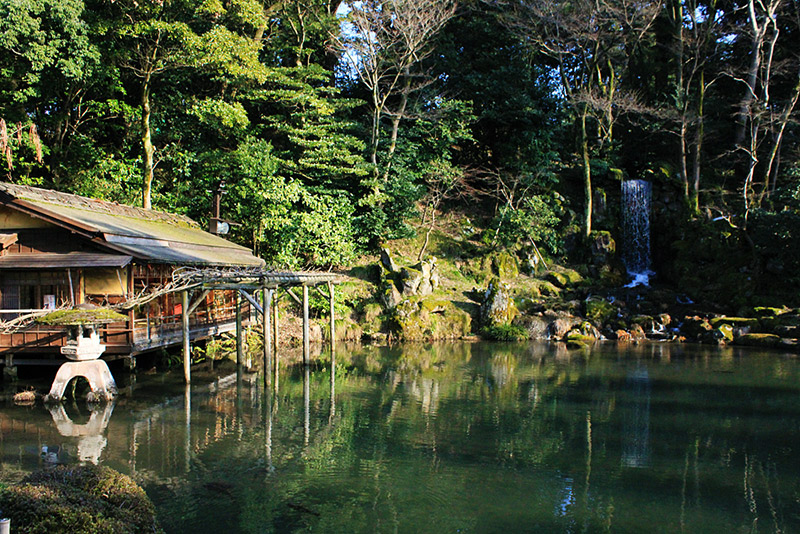
So maybe "conservative" isn't the right word to describe Japan. The word I'm thinking about is more along the lines of "change-resistant", because very often things move slowly in Japan. This may be surprising to people who view Japan as a hyper-modern high-tech society with robots and such. But when you consider how change-resistant Japanese organisations are, how job and university applications are still done by paper, and how fax is still used in Japan, this needs to be qualified.
There are many reasons for this resistance to change, but here are just a few I could think of:
-
Adversity to Risk – Japan and the Japanese people are still very risk adverse. And this is pretty much visible in all parts of society. From the low levels of entrepreneurship, to low numbers of people going abroad, to the tendency to vote for the "safe" conservative political party. Take a look here for an article on Businessweek on this. In any case, without risk-taking, there won't be as much change in society.
-
Hierarchy – When society is structured based on age with seniority the main criteria for "moving upward", then it probably means that decision making is likely to be centered on a more change-resistant group of people.
-
Consensus – This isn't exactly a bad thing but, stereotypically speaking, Japanese firms take much longer to make decision than, say, American firms. One reason is the cultural need to build consensus and ensure that everyone is on the same page before making that decision. You can see how this can have its benefits. However, one downside to this is that decision-making as a whole is slowed down. In addition, I personally think that consensus also means that often the "lowest common denominator" decisions are taken – not exactly conducive for radical reform.
Yes and No
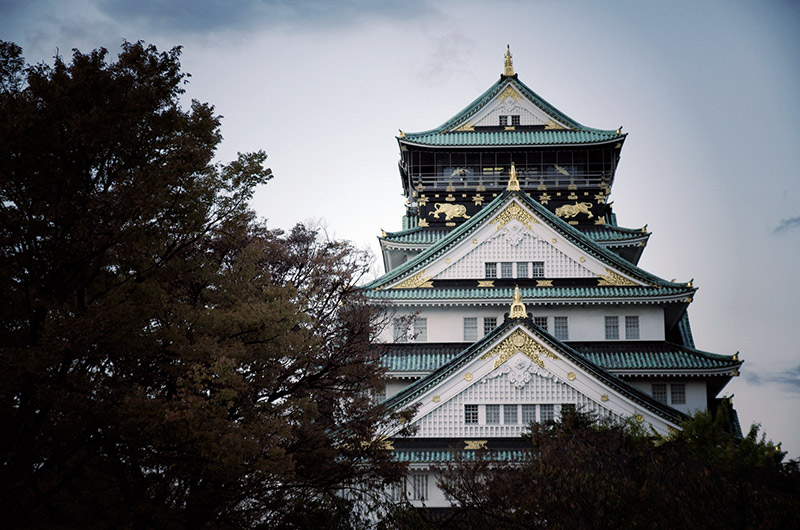
Obviously whether Japan is "conservative" or not really depends on the definition and what you're comparing Japan to. However, in contrast with many other countries and many of Japan's close neighbours, it certainly can't be said that Japan is "extremely conservative", even though it has its very rigid parts.
I'm now wondering if anyone else has heard any other "Japan is ______" statements that they feel are suspicious or worthy of examination. Leave your comments and suggestions below and I'll see whether I can write another article examining these stereotypes.
